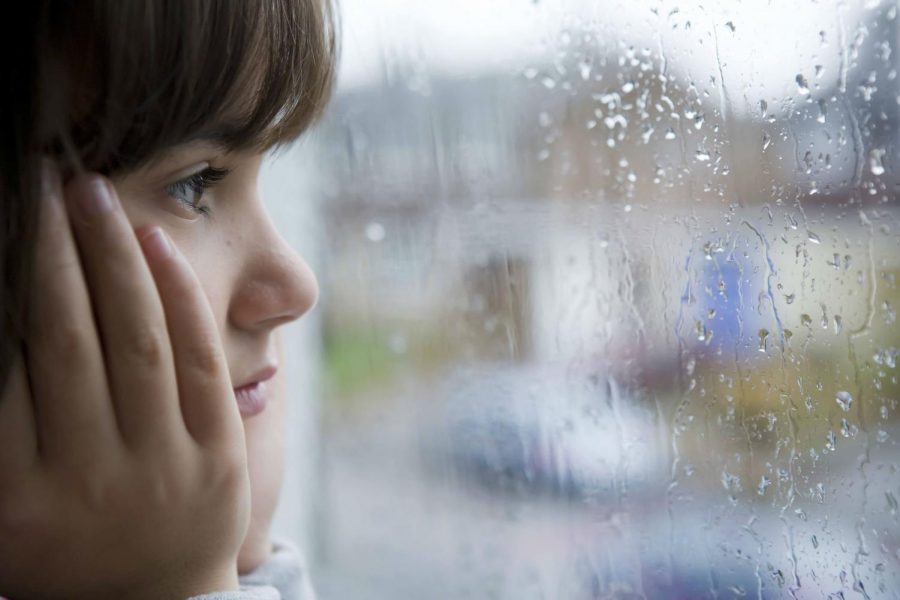The Other Pandemic
How COVID-19 is Affecting Teen’s Mental Health
COVID-19 has affected many different aspects of people’s lives over this past year, including young people. From depression to stunted social lives, the plight of today’s kids and teens range from mild to fatal.
Heidi Ganahl, University of Colorado Regent, stresses the unseen effects of online learning and social distancing.
“Normal healthy and happy kids are unprepared for the perfect storm of having their routines upended, too much screen time, social isolation, and limited opportunities to spend time with friends,” Ganahl told the Denver Gazette. “They are sad, confused and just lonely, But they are also stressed from the increased pressure on grades, friend drama and missing out.”
These feelings are resulting in an increase in teenage mental health issues. Adam Hadhazy, a writer for the Stanford News, says the psychological toll has particularly affected teenagers.
“School closures and enforced social distancing have cut off many teens from major means of psychological support, putting them at higher risk of developing anxiety and depression,” Hadhazy explains.
While the news has been full of stories of over-capacity ICU units, we haven’t heard about the full psychiatric units. Dr. Jason Williams, director of operations for the Pediatric Mental Health Institute at Children’s Hospital Colorado, says his unit only has one empty bed as opposed to the usual five free spots in May, June, and July of previous years.
“We have not seen that in the past five years,” William says. “We do see that as a direct correlation to the pandemic.”
According to the Colorado Sun, mental health issues were on the rise even before COVID. The Centers for Disease Control and Prevention found 1 in 3 high school students in 2019 reported feeling persistently sad and hopeless—a 40% increase from 2009. Dr. Marilyn Price-Mitchell says that school support systems only excaberated the existing issue.
“COVID-19 has made it tougher for young people to get the help they need because many teens have been and may continue to be distanced from school where teachers, sports coaches, and councilors can observe and support them,” Price-Mitchell writes in Psychology Today.
“Studies show that kids are more likely to seek help when they are in person rather than in lockdown,” Mental Health Colorado writes.
In addition, Children’s Hospital and parents also serve as resources for teens.
The good news, Mental Health Colorado reports, is that this is reversible, especially with increasing in-person options for teens.
“Mental illness is treatable. This is a fight we can win.”











